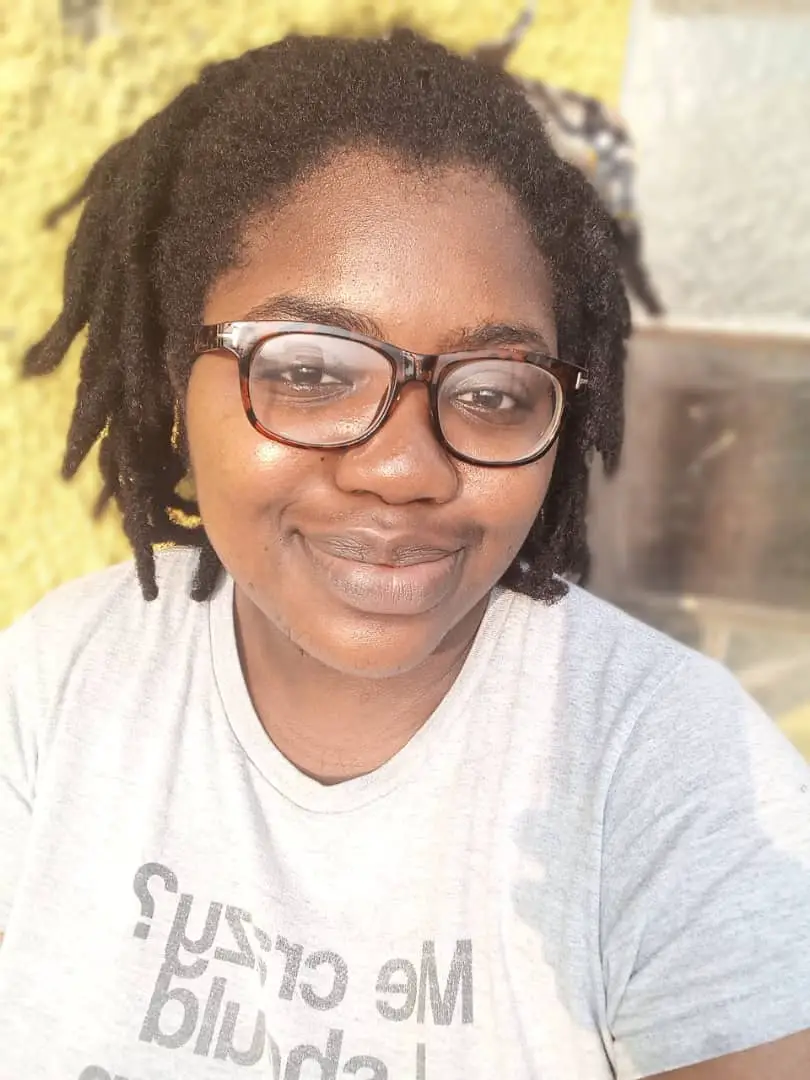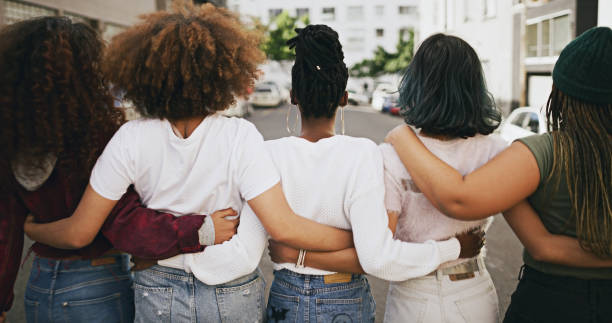Even though it has been more than a year since I graduated from Babcock University, I am not forgetting it in a hurry. Being at university exposed me to differing personalities at close range.
Being in Babcock in particular helped shape most of my beliefs on faith and women’s rights; this despite the fact that most of its doctrines were not feminist.
I once had a roommate in my third year. Let’s call her Chikaima. If menstrual cramps chose someone to punish then Chikaima was definitely the person. The good sis had the full package. She vomited. She missed classes. She had gripping pain. She had backache and she had diarrhea.
Now, I know you may be thinking along with me that this must have needed the intervention of a doctor.
However, even if she was in discomfort every month, Chikaima refused vehemently to see the gynaecologists at the school hospital. For all we knew as her roommates, she could have been suffering a bad case of fibroids or endometriosis. We all had to be on alert for her and it seemed that no painkiller from ibuprofen, panadol to buscopan could handle the discomfort and pain that she felt each month.
Her reason was as interesting to me as it was sad. When I asked her one day why she didn’t want to see the gynaes, her response is one that I shall always remember. She said and I quote: “The thing is I want to start practising for childbirth. If I can’t bear this ‘small pain’ how would I ever bear the pain of childbirth?”.
On the surface, any right thinking person would wonder why anyone would choose to endure pain as some form of practise for childbirth. Especially when the pain during childbirth and subsequent post natal complications often take even second time mothers by surprise. So why then do we have stories like this?
It simply is because women are praised for how well we can endure pain and especially biological pain in menstruation and childbirth. One example of this is the “Hebrew Woman” trope in Christian circles. It is used to discourage women from giving birth using epidurals, vacuum cups and through Ceasarean Section. A lot of women have died avoidable deaths because they did not want to be mocked as weak for not birthing vaginally like a “Hebrew Woman”.
Asides the example cited above, another thing I hate is when men say watching their wives go through childbirth made them respect women more. It seems okay at first and even honorable. But implied in that statement is the idea that women are only worthy of basic human respect when we go through deep biological distress.
What happens if childbirth was a smooth natural process? Then women won’t be respected? What about women who don’t want children? What about women who want to adopt?
To further understand the deeply damaging effects that praising ideas of pain in childbirth and menstruation has on women, I spoke to four women to get their opinions. For Steph, a Ghanaian woman, she shares the heartbreaking story of how her friend died in childbirth because her friend’s mother rejected the use of CS which was recommended to birth the baby on grounds that “her child will give birth the normal way in the name of Jesus”.
When asked what she feels about all of it Steph says, “I feel that religion is one of the reasons women see suffering, especially in relation to menstruation and childbirth as normal. Long before you start menstruating, you’re conditioned to believe that the pain is your portion of the punishment for Eve’s sin against God.”
Her views are not so different from Chidinma who believes that “menstrual pain is a flaw in [women’s] design”. She goes on to say that she wishes scientists would find a way to make it stop but have not because of the prevailing belief that “it’s a woman’s thing and pain is deserved”.
For Nonye Ezeaka, a health writer, she has a long history of menstrual pain that periodically saw her miss classes in secondary school. She says that she has been discouraged by family not to take painkillers because of “side effects of drugs”.
She went further to say, “I think the general idea around menstrual pain is that since it’s associated with a biological process, it’s fine. It’s normal. And because it’s normal, we should be able to endure it. As if, women have extra points for bearing pain well.
We are expected to go to school and work, regardless of how much pain we have to endure in the process. If you show any sign of being in pain, you’re encouraged to endure and to not be weak.”
Sometimes, it is women who show other women discomfort in the area of menstruation and that is very true in the life of Sandra, a poet and editor.
She shares that her sister who had better menstrual experiences shamed her for not being able to bear the pain. Sandra went on to say, “Whenever my period started she would say all sorts of things to me claiming that it’s not as painful as I showed it. Sometimes she would also accuse me of masturbating or letting a male classmate touch me in school or me just trying to dodge chores. It messed me up deeply”.
One thing is clear from the stories shared by all these women: We need to remove the bearing of biological pain as a marker of true womanhood from the lives of women and girls.
When physical pain is expected from women, it also sends a message that even in our relationships with men, we must expect emotional abuse before we can “reap” the reward of an emotionally balanced man.
In conclusion, women are deserving of ease and softness. Women must be encouraged to use all pain relief when menstruating or during childbirth.
Our worth is not defined by swallowing pain. Rather, it is defined by the light and joy we bring to a community.

Angel Nduka-Nwosu is a writer, journalist and editor. She moonlights occasionally as a podcaster on As Angel Was Sayin’. Catch her on all socials @asangelwassayin.

